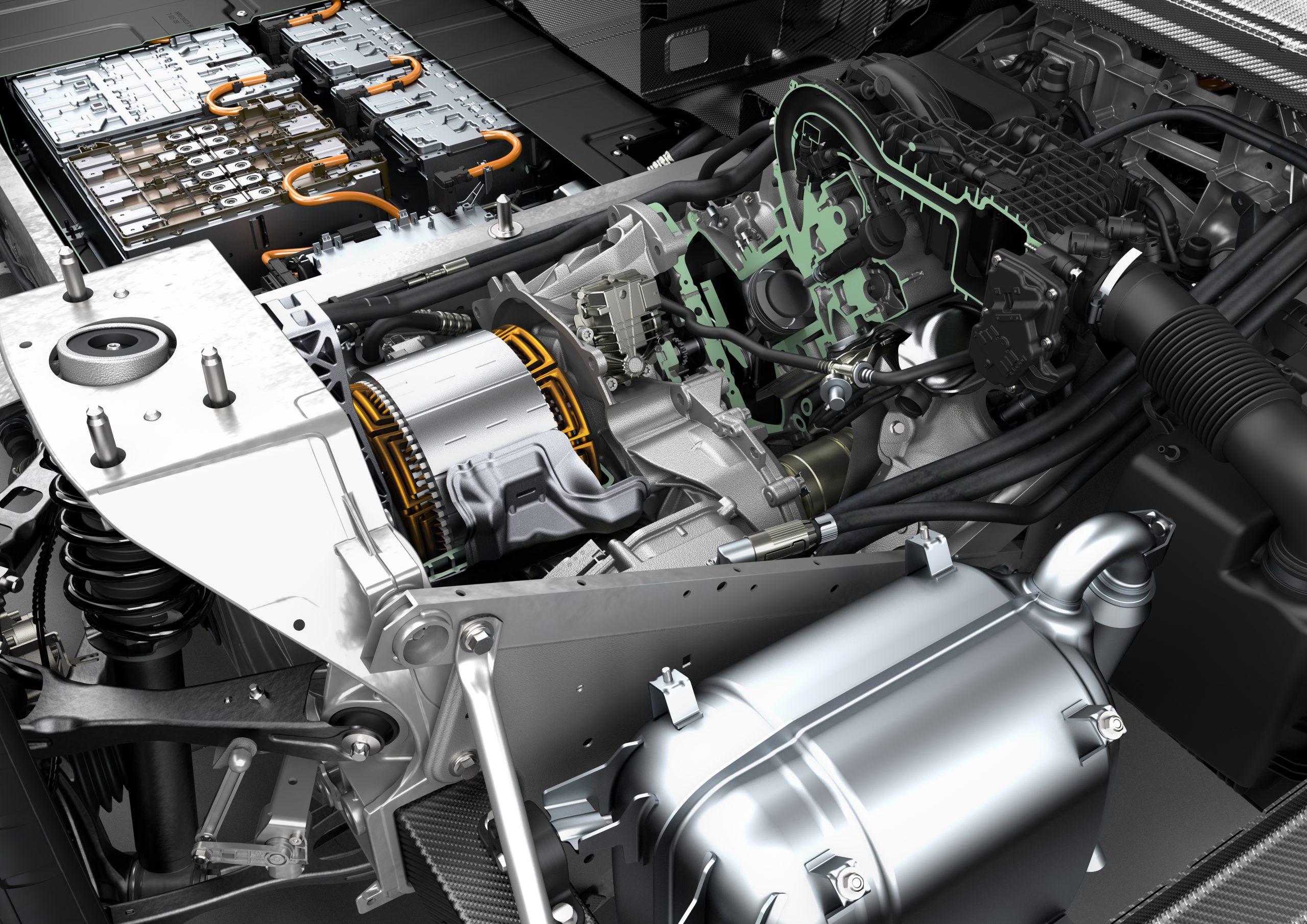Powering the Future: The Dynamic Evolution of Automotive Motors in 2025

Automotive motors are at the heart of the transformation sweeping the global automobile industry. From fuel-efficient conventional cars to advanced electric vehicles, automotive motors propel mobility into a new era of sustainability, digital integration, and unprecedented efficiency. In 2025, ongoing advances in motor technology, supply chain innovation, and electrification are driving fresh opportunities for automakers and suppliers worldwide.
According to Straits Research, the worldwide automotive motors segment was valued at USD39.65 billion in 2024 and is projected to climb from USD42.35 billion in 2025 to USD71.68 billion by 2033, expanding at a CAGR of 6.8% during 2025–2033. This robust growth reflects the fast-emerging demand for electric propulsion, advanced driver assistance systems (ADAS), and greater use of high-power, precise motors in passenger and commercial vehicles.
Key Players and Competitive Overview
Major global car groups and component manufacturers fuel the automotive motors sector’s rapid progress:
-
Toyota Group (Japan): Retaining the global lead in car production and innovation, Toyota Group held a 12.4% share of worldwide vehicle sales in 2025, with notable gains in Asia. Toyota continues to push hybrid motor systems, investing in sustainable drive technology and new manufacturing partnerships across Japan, Southeast Asia, and Europe.
-
Volkswagen Group (Germany): Volkswagen maintains a 10% global share, with growth focused in Europe. Its investment in electric vehicle (EV) drive motors and digital technology strengthens its leadership in Germany, China, and Western Europe.
-
Hyundai-Kia (South Korea): Hyundai-Kia commands 8% of global sales, supporting EV adoption in Asia and Europe. The group is increasing R&D in integrated traction motors and modular architectures for smart, connected vehicles.
-
Stellantis (Netherlands/France/Italy/USA): With brands including Peugeot, Fiat, and Chrysler, Stellantis ranks fourth worldwide and backs strong production in Asia and the US, driving forward electric propulsion and battery motor technologies.
-
Geely Group (China): Geely achieved one of the best performances in 2025, up 35.4% globally, with a staggering 50.7% gain in Asia. Geely’s investments in EV drive motor innovation and manufacturing scale are winning new business across China and Europe.
-
BYD (China): BYD ranked tenth worldwide (+18.7%) and experienced massive growth in Europe (+401.3%), Asia (+12.9%), and America (+35.6%), led by its competitive price and high-efficiency EV motors.
-
Tata Motors (India): Tata Motors emerged as India’s strongest automotive brand in 2025, filing a record number of patents and pushing advancements in both passenger and commercial vehicle motor technology. Its rapidly growing electric vehicle portfolio underscores India’s role as an innovation hub.
Other active leaders include Honda Motor (Japan), Ford Group (USA), Maruti Suzuki (India), and Mahindra & Mahindra (India)—all expanding electric and hybrid powertrain offerings for local and global markets.
Recent Developments and Regional News
-
India: Tata Motors set a new innovation benchmark by filing 250 patents in early 2025, mainly focused on electric drive motors, smart mobility, and energy optimization systems. Maruti Suzuki continued its dominance of the mass car segment, while Mahindra & Mahindra ramped up utility electric vehicles and off-road motor tech.
-
China: Geely and BYD scaled up high-efficiency motor production, boosting exports and collaborating with European automakers to improve performance and range in affordable EVs.
-
Europe: Volkswagen and Stellantis focused on digital motor integration, supporting broader adoption of ADAS and autonomous driving features through powerful, interconnected motors within their EVs and luxury vehicles.
-
USA: Ford and General Motors increased deployment of next-gen propulsion motors with strong EV launches, while also expanding research into autonomous mobility platforms powered by smart motors.
Growth Trends and Innovation
The automotive motors field is advancing rapidly, shaped by several major trends:
-
Electrification and Battery Motors: The surge in EVs globally is accelerating demand for advanced electric drive motors, boosting power density, efficiency, and cost savings for manufacturers and consumers. EVs are swiftly transitioning from the periphery to the mainstream, promising to dominate new car sales in the coming years.
-
Autonomous and Connected Vehicles: Motors for ADAS, navigation, and sensor systems are becoming smaller, smarter, and more integrated, enabling features like self-parking, adaptive cruise, and collision avoidance.
-
Digital Integration: Vehicles increasingly leverage high-power motors in digitized, software-defined architectures, enhancing safety, user experience, and remote diagnostics.
-
Regional Manufacturing Expansion: Countries like India, China, and Mexico are ramping up domestic motor production, leveraging low costs and innovation to serve both local and global automakers.
-
Sustainability: Leading automakers pursue recyclable materials and energy-efficient components in motor design, supporting environmental targets and regulatory compliance in Europe, North America, and Asia.
Latest News and Industry Milestones
-
Electric vehicle sales rose globally in 2024 and early 2025, with battery electric and plug-in hybrids accounting for 10% of new car sales in the US, and surging demand in China and Europe.
-
Tata Motors launched new EV models and spearheaded sustainability initiatives, reinforcing its reputation as India’s strongest automotive brand.
-
Hyundai-Kia and Toyota rolled out advanced modular motors to support global expansion into smart, connected vehicle segments.
-
BYD made headlines for its European entry, achieving triple-digit growth with competitive motor-driven EVs.
Article Summary
Automotive motors are driving the evolution of mobility, powered by global leaders, electrification, and smart technologies. Recent innovations, regional investments, and dynamic competition continue to define the sector’s fast-paced growth into a future of sustainable, efficient, and intelligent vehicles.
- Vibnix Blog
- Politics
- News
- Liberia News
- Entertainment
- Technology
- Education
- Art
- Causes
- Crafts
- Dance
- Drinks
- Film
- Fitness
- Food
- Games
- Gardening
- Health
- Home
- Literature
- Music
- Networking
- Other
- Party
- Religion
- Shopping
- Sports
- Theater
- Wellness



